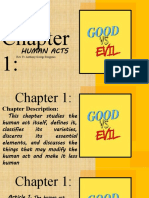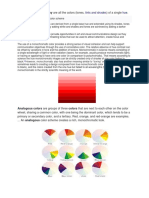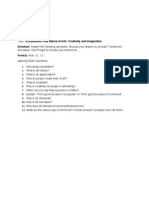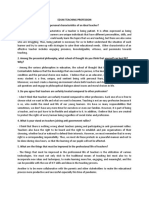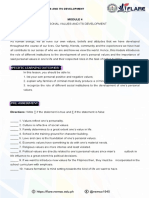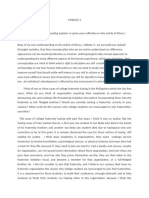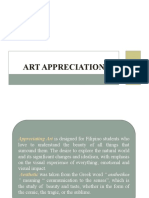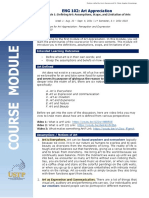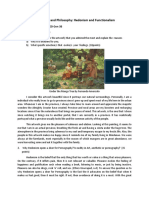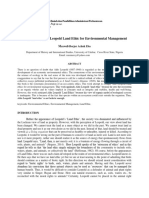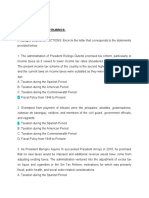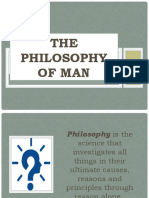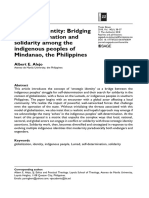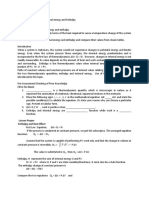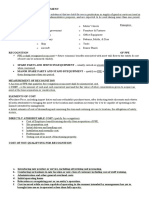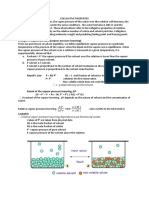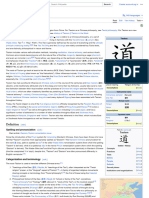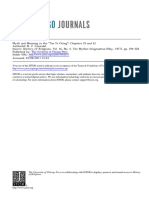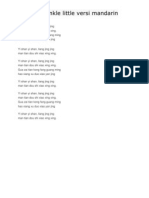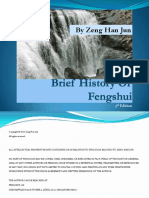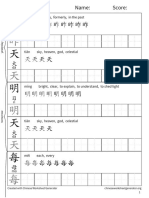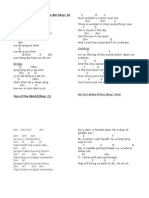0% found this document useful (0 votes)
412 views7 pagesConfucianism: Self vs. No-Self Concepts
The document discusses different conceptions of self across cultures, noting that Confucian thought sees self as something developed through virtues like compassion and righteousness rather than as an inherent individual entity, and that the Confucian concept of "no self" refers more to having no selfish motives rather than no self at all.
Uploaded by
Marthy DayagCopyright
© © All Rights Reserved
We take content rights seriously. If you suspect this is your content, claim it here.
Available Formats
Download as DOCX, PDF, TXT or read online on Scribd
0% found this document useful (0 votes)
412 views7 pagesConfucianism: Self vs. No-Self Concepts
The document discusses different conceptions of self across cultures, noting that Confucian thought sees self as something developed through virtues like compassion and righteousness rather than as an inherent individual entity, and that the Confucian concept of "no self" refers more to having no selfish motives rather than no self at all.
Uploaded by
Marthy DayagCopyright
© © All Rights Reserved
We take content rights seriously. If you suspect this is your content, claim it here.
Available Formats
Download as DOCX, PDF, TXT or read online on Scribd
/ 7
